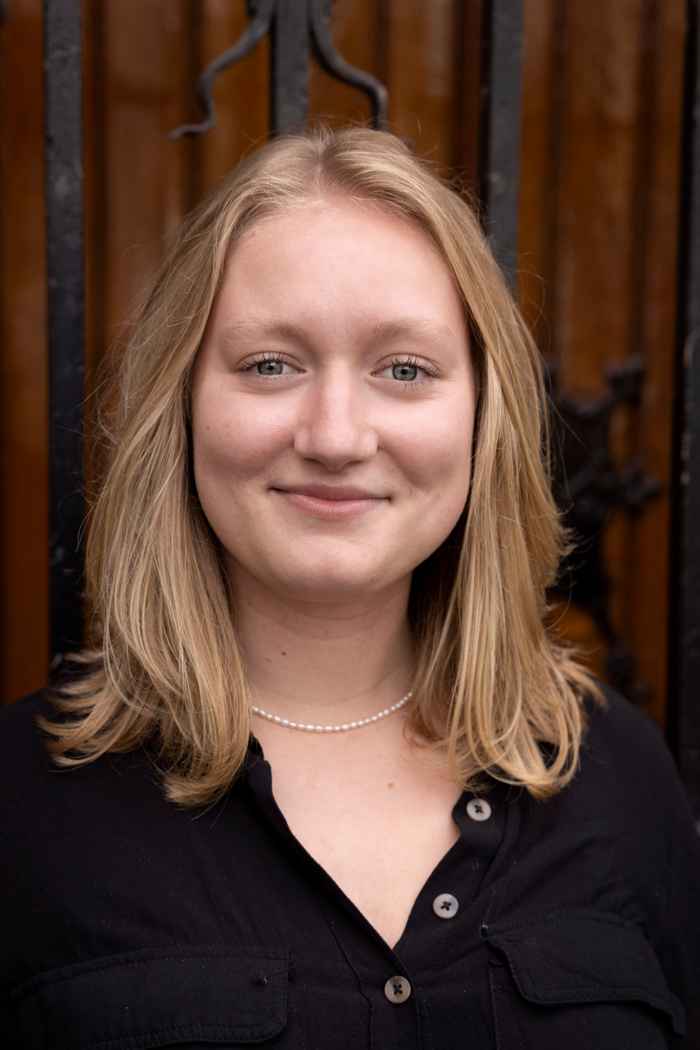'There is sufficient freedom of choice to specialise in the subject that you find most interesting during your study and research'

Why did you opt for this study at the UvA?
‘During my Bachelor’s degree, I always enjoyed conducting research the most. I preferred writing papers to having to study for an examination. The opportunity to develop precisely this skill during a Research Master’s was ideal for me. The atmosphere at the UvA is also good. Because Arts of the Netherlands is a small specialisation, everyone knows each other and there is a lot of room for personal attention from lecturers. I really appreciate this.’
What do you think about Amsterdam as a city to study Arts of the Netherlands?
‘Amsterdam is the perfect city for this study, especially due to the proximity of such extensive libraries, museums and archives. Travelling somewhere now and then to view art up close is also part and parcel of this study, of course, but Amsterdam is a good base for conducting research.'
Do you have a lot of freedom of choice within your study?
'Because it is possible to take electives and to develop a tutorial yourself in collaboration with a lecturer, there is sufficient freedom of choice to specialise in the subject that you find most interesting during your study and research. Your own interests are also taken into account while choosing an internship in the second year. As a result of that, you have sufficient freedom during your internship to develop yourself and to experience what it’s like to work in a museum institution. The fact that the degree programme is called Arts of the Netherlands does not mean that the degree programme solely revolves around art made by Dutch artists or only deals with Dutch history. You are free as a student to choose which period of art history and geographical location appeals to you the most.’
The fact that the degree programme is called Arts of the Netherlands does not mean that the degree programme solely revolves around art made by Dutch artists or only deals with Dutch history.
Which reactions do you get from people when they hear what you are studying?
‘Most people think it sounds very interesting, but don’t immediately know what studying art history entails and in particular what it means when you conduct research into art. For that reason, I always find it extremely enjoyable to explain what is involved in being an art historian and everything that entails!’
What would you like to do with your study?
‘I would preferably like to work as a researcher at a museum or other art historical institution, but I also really enjoy teaching and sharing the results of my research with other people. It is also my aim to write a PhD thesis one day.’